Lou_tribal
Guru
This past Sunday has been a new adventure and experience for the Admiral and myself. To put everything in context, we are ending our first boating season up there. It is our first boat, and we are still learning every day, and this Sunday was not different on that subject.
With the coming up of fresh days of autumn up here in Canada, we are seeing less and less boat in inland waterways. This weekend very few boat were in sight. On Sunday morning during our way back to our slip after a nice weekend at the anchor, we cross the path of a ship in distress for the first time in our recent experience. The ship was a 20 footer cruiser and people told us there was an engine failure. The ship was drifting in the river and my fist surprise was to see that they did not drop their anchor (I may be wrong but it would be the first thing I would have done instead of risking to go aground somewhere). Then apparently they got no communication system at all, no VHF, no Cellular phone nothing. We took the ship in charge, setup a towing line and tow the ship up to the nearest marina that was 40 minutes from us. We then contacted the marina to advise them we were coming with a ship in distress to let them there. Everything went fine, we were a bit stressed as it was the first time we needed to tie to a boat on the water, it was the first time that we needed to tow a ship and it was also the first time we needed to dock with a ship in towing behind us. And the cherry on the ice cream, the marina entrance was very narrow and the dock was on port which makes it more difficult for us (we are a single screw vessel with no stern thruster).
Now thinking about it, I think I missed some things and made some mistakes:
1. I did not ask if everybody was fine onboard or if there was any injuried people (I think they would have tell it but just in case)
2. I did not ask them if they made a distress call (I would have heard it on the VHF but just in case).
Now I am asking for your input.
What did I do right?
What did I do wrong?
What should I have done?
Thank you!
L.
With the coming up of fresh days of autumn up here in Canada, we are seeing less and less boat in inland waterways. This weekend very few boat were in sight. On Sunday morning during our way back to our slip after a nice weekend at the anchor, we cross the path of a ship in distress for the first time in our recent experience. The ship was a 20 footer cruiser and people told us there was an engine failure. The ship was drifting in the river and my fist surprise was to see that they did not drop their anchor (I may be wrong but it would be the first thing I would have done instead of risking to go aground somewhere). Then apparently they got no communication system at all, no VHF, no Cellular phone nothing. We took the ship in charge, setup a towing line and tow the ship up to the nearest marina that was 40 minutes from us. We then contacted the marina to advise them we were coming with a ship in distress to let them there. Everything went fine, we were a bit stressed as it was the first time we needed to tie to a boat on the water, it was the first time that we needed to tow a ship and it was also the first time we needed to dock with a ship in towing behind us. And the cherry on the ice cream, the marina entrance was very narrow and the dock was on port which makes it more difficult for us (we are a single screw vessel with no stern thruster).
Now thinking about it, I think I missed some things and made some mistakes:
1. I did not ask if everybody was fine onboard or if there was any injuried people (I think they would have tell it but just in case)
2. I did not ask them if they made a distress call (I would have heard it on the VHF but just in case).
Now I am asking for your input.
What did I do right?
What did I do wrong?
What should I have done?
Thank you!
L.


 We bought some stuff, well quite a bit of stuff that was pretty good quality, and since the money is used to run the boat, well spent money.
We bought some stuff, well quite a bit of stuff that was pretty good quality, and since the money is used to run the boat, well spent money. 